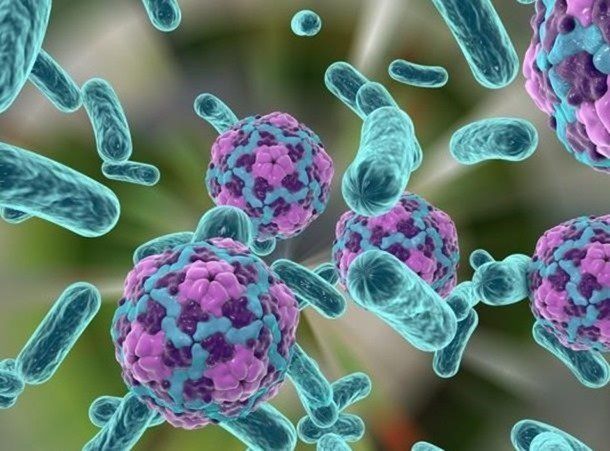Cerrar

Difference between viruses and bacteria.

Virus:
Microorganism composed of genetic material protected by a protein coat, which causes various diseases by introducing itself as a parasite in a cell to reproduce in it.
Bacterium:
they are unicellular microorganisms, that is to say, they consist of a single cell (unlike any other multicellular living being, whose set of cells forms specialized tissues)
Differences:
Virus:
acellular microorganism,
it does not have its own metabolism,
It needs cells from other organisms
called "host cells" to live and reproduce.
The cause of the disease is the infection of the virus that lodges in host cells changing its DNA by his, destroying eventually the cells.
The cure is preventive and antiviral vaccines.

 Ocultar las fichas que te sabes
Ocultar las fichas que te sabes